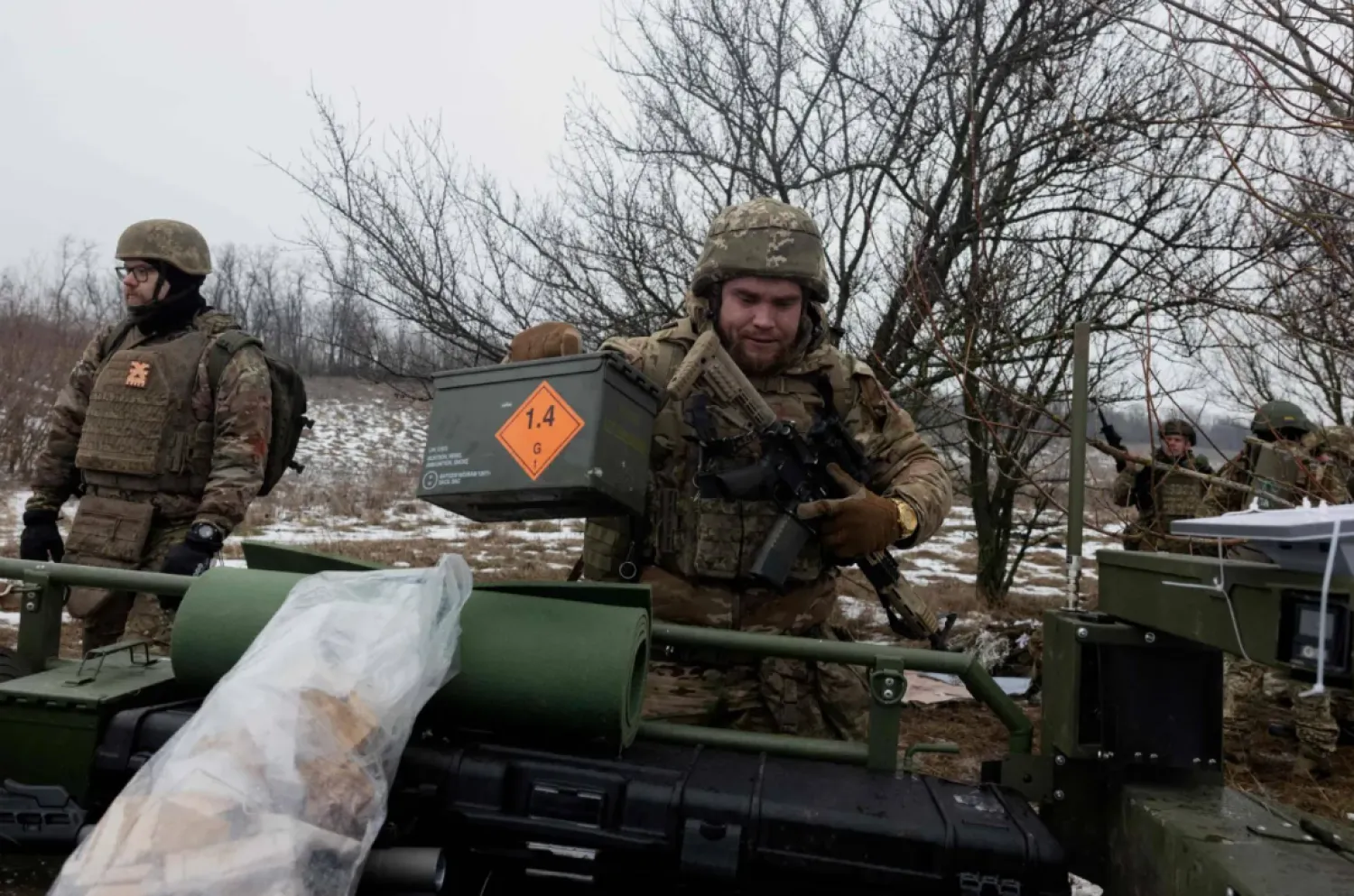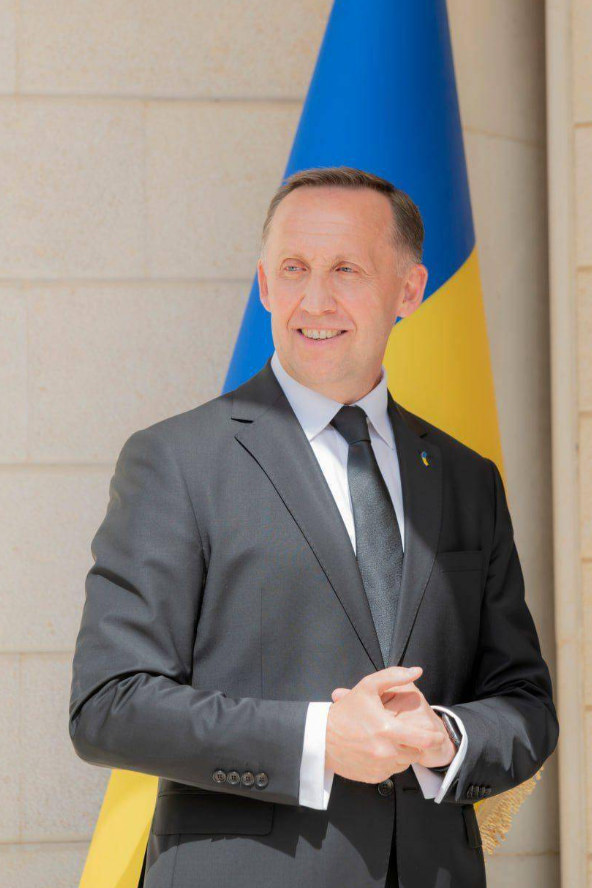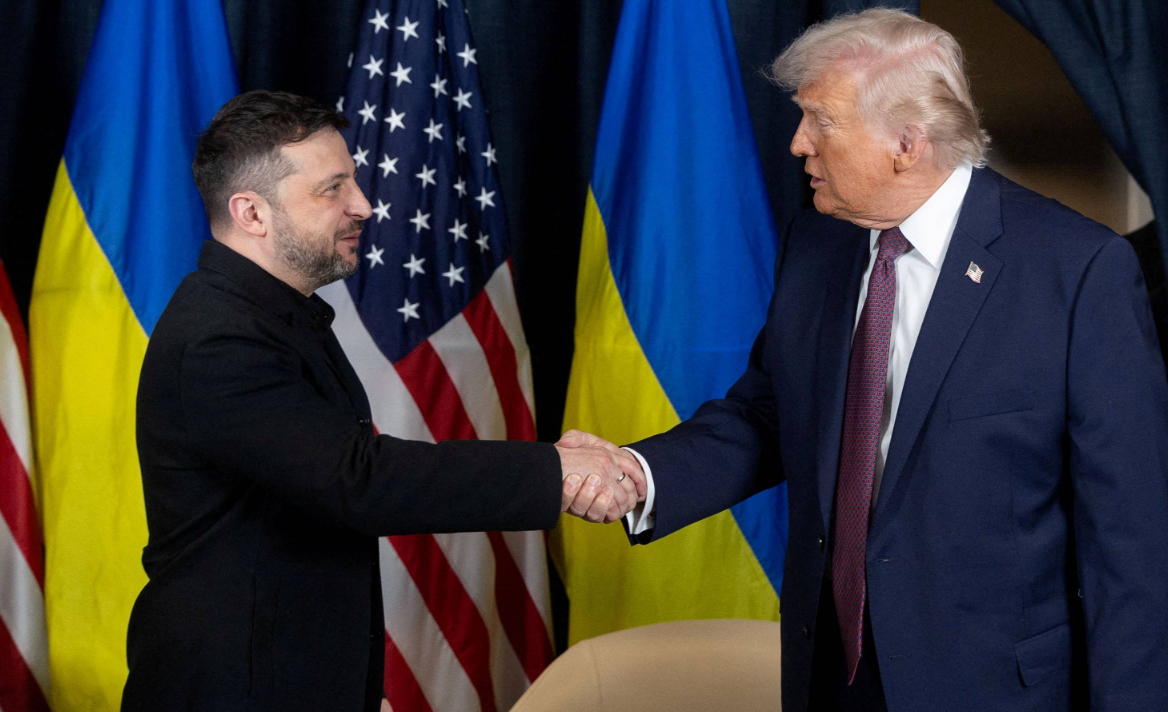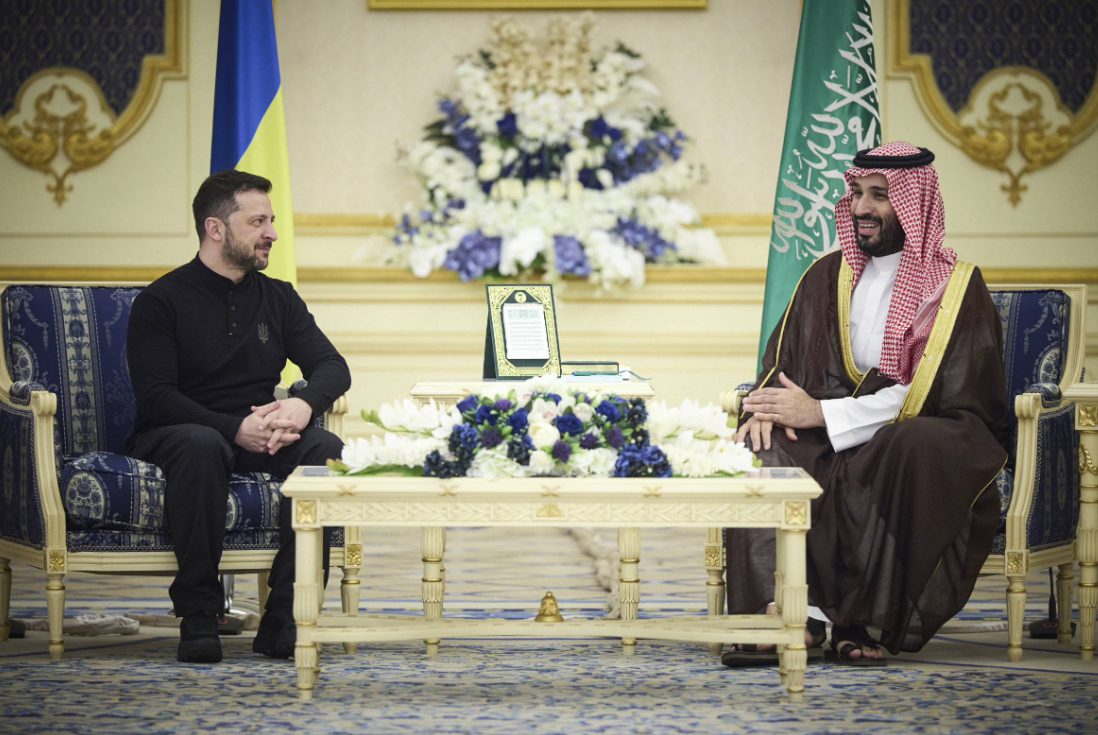Hoshyar Zebari, Iraq’s ex-Foreign Minister, was deeply involved in key domestic and international matters. In a recent interview with Asharq Al-Awsat, he discussed security, corruption, inter-group relations, and Arab leaders’ feedback on Iraq's current regime.
Below is a summary of Zebari’s thoughts during the second and final part of his interview with Asharq Al-Awsat :
Was Joe Biden in favor of Prime Minister Nouri al-Maliki staying in power?
I’ve met Biden many times since 1992 when we were lobbying in the US Congress. He supported change in Iraq and visited the region frequently during Barack Obama’s presidency.
Yes, he supported al-Maliki. Let me explain. One mistake we made after the 2010 elections was not backing Dr. Ayad Allawi’s clear victory. Both Iran and the US supported al-Maliki to maintain stability, despite sacrificing Allawi's success.
At that time, all leaders were united in this direction to keep moving forward. But looking back, I admit that this decision was the biggest strategic error.
Was Iyad Allawi treated unfairly?
Yes, he was.
Some argue that excluding Allawi in Iraq and the assassination of Rafik Hariri in Beirut weakened moderate forces in both countries...
There’s a connection here, not far-fetched. In dealing with Middle Eastern politics, I've learned that things are interconnected. You can't separate Lebanon’s situation from the wider region, including Iran, the Arab Gulf, Syria, Palestine, and Jordan. These issues are intertwined. But whether it was planned, I can't confirm.
Do you think Jordan is at risk?
Yes, very much so. The future of international or US coalition forces in Iraq involves more than one party. I believe their withdrawal from Iraq marks their last stronghold for influence in the Middle East.
Jordan's security is also under threat. Gulf security will be at risk too. Our friends in some Gulf countries express more concern than what’s reported. Currently, Jordan faces challenges from drugs and hostile forces targeting its lands. For the first time, Jordan has been targeted by Iraqi drones. The US base ‘Tower 22’ is in Jordan. Forces are there with Jordan’s approval. They genuinely feel threatened by this.
Could we see a clash between the Peshmerga and the Popular Mobilization Forces (PMF) someday?
It's unlikely. The Kurdish leadership doesn’t seem interested in that, and neither do they. But back in 2017, there were violent clashes. After a referendum, the PMF tried to attack from Kirkuk to Erbil, but the Peshmerga stopped them. There were also clashes aimed at a vital crossing linking Türkiye and Iraq. We had to defend ourselves.
Are factions now essentially saying you have no rights in Kirkuk except to cry over it, as Tariq Aziz once said?
No, definitely not. In the recent elections, it seemed like changes might have affected things, but the results confirmed Kurdish presence in Kirkuk is still strong. The voting showed a balance between Kurdish, Arab, and Turkmen blocs. This remains a constitutional matter for resolving internal border disputes.
Massive Corruption in Iraq
Where did hundreds of billions of dollars disappear in Iraq? Was it just corruption or funding conflicts?
Unfortunately, there's been huge corruption. Even in the past, corruption wasn't as widespread as it is now, with millions and billions being stolen. This money could be used to finance wars and regional conflicts. It's highly likely.
There's talk of $400 billion.
Yes, that's true. Dr. Ahmed al-Jalabi mentioned this figure. Despite being involved in corruption cases, I can attest he was morally exemplary. He had issues with Petra Bank in Jordan during the Iran-Iraq war, but after his death, he left nothing to his family.
When I was finance minister, we worked on corruption cases together, like one bank where $6 billion was embezzled. We traced the money to Oman and Beirut.
Was it transferred to Beirut for what purpose?
That's the question. After years, the US Treasury Department discovered this theft and sanctioned the bank.
One of Iraq’s major threats is rampant corruption in government projects, provincial councils, and explosive budgets. Marginalizing others and failing to achieve reconciliation worsen the situation. The oil sector, crucial for Iraq’s economy, has been abandoned by Western companies due to instability and lack of confidence.
Were you surprised by Iraqi society? Several elections ended with what some call a state of factions.
The problem isn't with our democratic system. I think it’s fine. It’s just poorly executed. In elections, there’s a winner, then the Federal Court sometimes changes it. Other groups emerged, similar to Lebanon’s system. Last time, Sunni Arabs weren't keen on voting, but recent elections showed strong Sunni participation. People want change through voting.
As for factions operating outside the law, it’s the government's job to stop them. Leaders talked about state control of weapons, but they haven’t succeeded. The factions have too much power. That’s the real issue in Iraq.
Do Sunnis feel the future is tough in Iraq?
Yes, they do. Many Sunnis feel excluded and displaced in their own areas. Some still can’t return home in Jurf al-Sakhr, the Baghdad Belt, Diyala, and elsewhere.
Sectarian tensions have risen due to poor governance.
Some Sunnis even call for their own region, allowed by the constitution. However, there are fears that it threatens Shiite rule. They feel the current government is Shiite-dominated and sense discrimination for sectarian reasons.
Hosni Mubarak, Bashar al-Assad, Ali Abdullah Saleh
What did Egypt’s former President Hosni Mubarak say about the Americans?
He said: “Don’t trust them. Those who ally with them are left exposed.”
I replied: “But who else is there?”
He had a playful manner. Whenever I visited Egypt for university meetings, I’d request a meeting through Omar Suleiman or Foreign Minister Ahmed Aboul Gheit, and he'd promptly oblige. He had a strong affinity for Iraq, having served in Iraq’s Anbar during the 1967 war.
Did you interact with Syria’s President Bashar al-Assad?
He respected me, and there was mutual respect. I met him several times, including once at the palace on Mount Qasioun. He welcomed me alongside former Vice President Farouk al-Sharaa. I raised concerns about extremists entering Syria, and he acknowledged the security challenges.
I also told him that we have proof showing that many extremists were coming through Syria.
Assad then said: “We're an Arab nation and don’t require visas for Arabs. They exploit that.”
How was the former Yemeni President Ali Abdullah Saleh?
He was very friendly. We had a good relationship during summit meetings. He was welcoming. I visited him multiple times, and once he seemed upset. He mentioned our arrival on American tanks and questioned the country’s independence. I reminded him that during our conflict with Saddam Hussein, there were no US forces aiding us. For example, in the 1991 uprising, many provinces rebelled against Saddam without American support.













